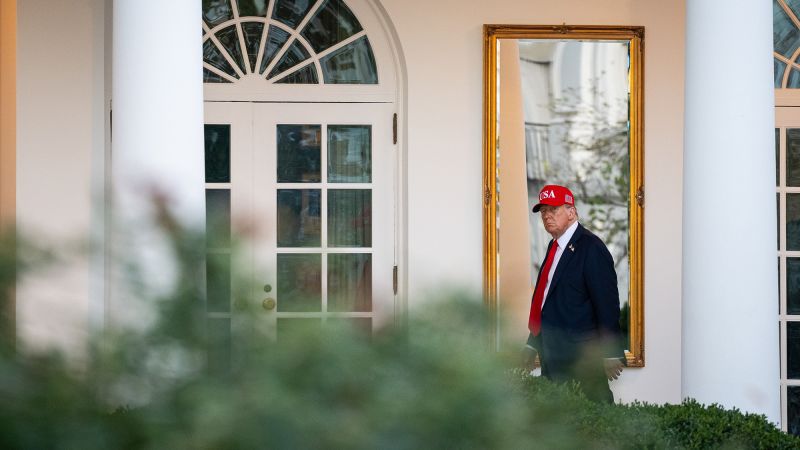Introduction to the Problem
Fifty years ago, President Gerald Ford announced that the federal government would not save New York City from its financial collapse. The New York Daily News summarized Ford’s speech with the infamous headline "Ford to City: Drop Dead." Although Ford later approved federal loans to the city with strict conditions, this event marked a significant moment in the history of federal-city relations.
Current State of Affairs
Today, President Donald Trump’s approach to American cities appears even more punitive than Ford’s. Trump has suggested using cities as training grounds for US troops and has deployed the national guard to several cities, including Los Angeles, Washington, DC, and Chicago. The White House has also cut funding for critical infrastructure projects in democratic cities. Additionally, cuts to Medicaid, SNAP, and other federal programs have left local budgets with significant holes.
Powerlessness of Cities
Cities are almost powerless to stop Trump’s actions because they are considered "creatures of the state" in American law. This means that cities cannot increase taxes or borrow money without state permission, and states often impose guidelines that burden cities. For example, if a Republican governor encourages Trump to send federal troops to a city despite the objections of the city’s democratic mayor, the city is powerless to stop it.
Historical Context
The lack of power held by cities is rooted in history. Cities are not mentioned in the US Constitution and have no official place in the government system. Over time, this has left their role open to interpretation. The 1870s Dillons rule, which states that cities are controlled by states, has had a lasting impact on city-state relations. Most states adopted this rule in the 19th century, although some, like California and New York, grant cities more autonomy.
Limitations of City Power
Many states have a significant impact on cities, limiting their ability to create their own guidelines on topics such as immigration, gay rights, and the environment. For instance, Texas passed a law in 2023 that prevented progressive cities from enacting their own rules. Eighteen of the 20 largest US cities have Democratic mayors, and Trump has found ways to exploit this "bizarre legal morass." Cities are often held responsible for national problems like homelessness and crime, but they do not control federal funding for housing investigations or determine national gun laws.
Consequences for Cities
The limited ability of cities to solve problems is due to their lack of direct control over necessary resources. Around a third of city income comes from federal subsidies to states, which are then passed on to cities. This means that cities have responsibilities but no power. The policy of the Trump government on trade, immigration, and energy is already hurting cities. Tariffs on wood have increased construction costs, and immigration raids have injured local businesses and caused children to stay home from school.
Challenges to Partnership
Although some mayors, like Brett Smiley of Providence, Rhode Island, want to work with the Trump administration to address cross-party issues like building more affordable housing and improving public safety, the administration’s approach makes a strong partnership difficult. The unpredictability of the administration and its tendency to act against the wishes of cities create significant challenges. As Smiley noted, "Everything that happens at the federal level eventually rides down to the street."

